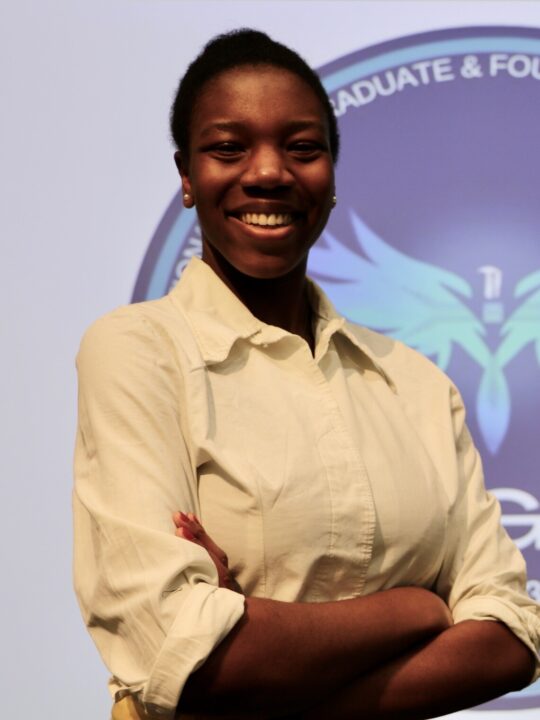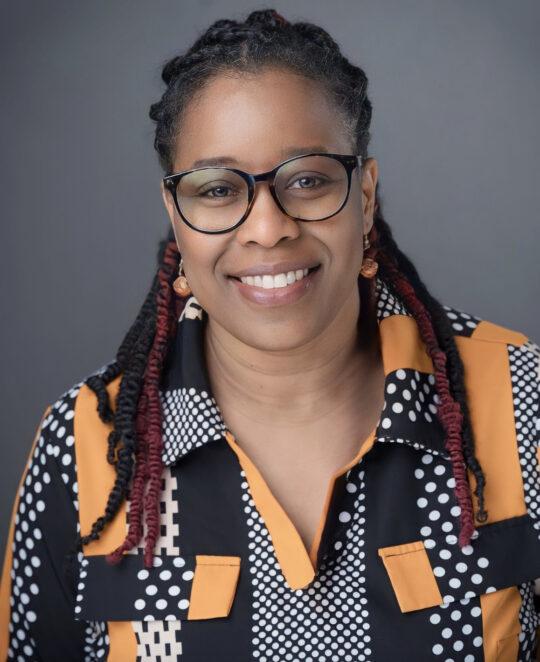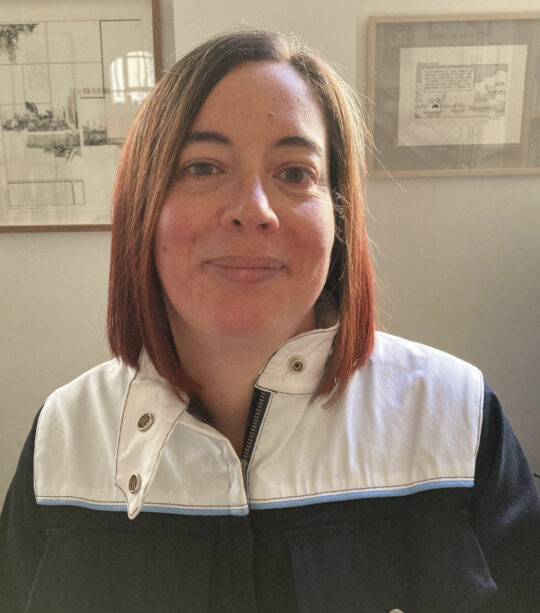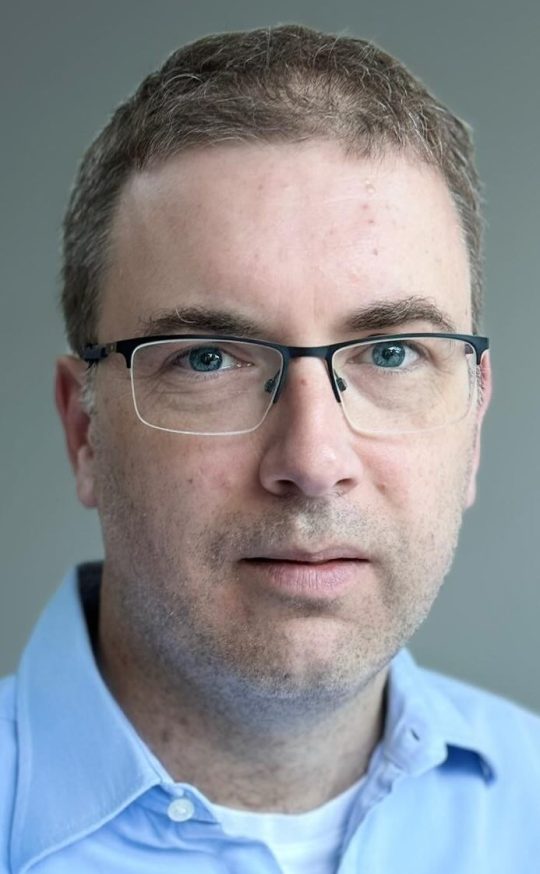
United Kingdom
Good Eye Health Through Responsible Data Sharing
- Status
- Completed Research
- Research Year
- 2024-25
As the UK’s healthcare system increasingly relies on digital records and data-sharing technologies, questions around privacy, trust, and consent have become more pressing. These concerns are often amplified for global majority populations, whose experiences with healthcare and data collection are often shaped by historical power imbalances. Faith communities, which play vital roles in promoting health and social support, are often excluded from conversations about data sharing. This research aims to explore attitudes, values, and beliefs toward data sharing among faith communities, with the goal of establishing mechanisms for engaging underserved populations as knowledgeable partners in data collection and usage. Eye health presents a crucial lens for this research, as it often relies on large-scale data analysis for early detection and treatment advancements, making responsible data sharing from diverse populations essential for improving health outcomes in underrepresented communities. This research also seeks to address this gap, by exploring how religious beliefs shape views on health data sharing, focusing on barriers faced by three religious communities in London. By hosting focus groups and one-on-one interviews, we aim to uncover their concerns and values, particularly regarding the use of data in healthcare advancements like machine learning. By fostering open, respectful dialogue, the team aims to identify ways to make data sharing more equitable and trustworthy. The findings will inform the creation of a practical toolkit designed to promote responsible data sharing and support sustainable health partnerships. Crucially, this process will be collaborative, ensuring that faith communities themselves shape and validate the outcomes.
Researchers
-

University College London
Marie Cilliers
-

University College London
Anna Hoang
-

-

-

University College London
Abigail Omotosho
Mentors
-

University College London
Roxanne Crosby-Nwaobi
Professor, Institute of Ophthalmology, Faculty of Brain Sciences at the University College London
-

University College London
Polly Rawlinson
Research Program Manager, Institute of Ophthalmology, Faculty of Brain Sciences at University College London
-

University College London
Pearse Keane
Professor of Artificial Medical Intelligence, Institute of Ophthalmology, University College London
